
The University of Washington School of Public Health is thrilled to welcome new faculty to our community. These faculty specialize in areas that include health care access, criminal justice, infectious diseases, and sexual and reproductive rights. Their work demonstrates a commitment to achieving health equity and co-creating positive change with our communities.
Note: This blog post is updated throughout the 2024-25 academic year with new faculty. Those with an asterisk are pending University of Washington Board of Regents approval.
Sarah Benki-Nugent | Associate Professor, Global Health
 Sarah Benki-Nugent received her PhD (Microbiology) and MS (Epidemiology) from UW. Her research focuses on how environmental insults, including infectious pathogens and pollutants, impact the developing child’s brain and hearing. Using combined molecular, epidemiologic, and neurodevelopmental assessment approaches, her work addresses biologic mechanisms of neurodevelopmental insults, risk factors for impairment and the types of impairment that are caused by these insults. The ultimate goal is to inform therapeutic, psychosocial and policy-level interventions to improve child developmental trajectories.
Sarah Benki-Nugent received her PhD (Microbiology) and MS (Epidemiology) from UW. Her research focuses on how environmental insults, including infectious pathogens and pollutants, impact the developing child’s brain and hearing. Using combined molecular, epidemiologic, and neurodevelopmental assessment approaches, her work addresses biologic mechanisms of neurodevelopmental insults, risk factors for impairment and the types of impairment that are caused by these insults. The ultimate goal is to inform therapeutic, psychosocial and policy-level interventions to improve child developmental trajectories.
Magali Blanco | Assistant Professor, DEOHS
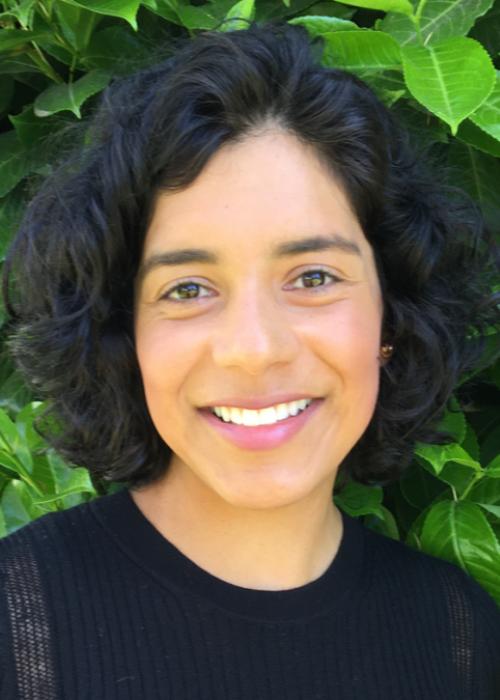 Magali Blanco is an environmental exposure scientist with additional training in epidemiology, biostatistics, and data science. Her current research interests are around air pollution exposure assessment and Alzheimer’s disease and related dementias (ADRD), with a focus on understanding the mechanisms by which air pollution may impact the neuropathologies of these diseases. This research will leverage her training and interests in air pollution monitoring design, quantitative exposure assessment, environmental health, ADRD, exposure mixtures, and advanced epidemiology.
Magali Blanco is an environmental exposure scientist with additional training in epidemiology, biostatistics, and data science. Her current research interests are around air pollution exposure assessment and Alzheimer’s disease and related dementias (ADRD), with a focus on understanding the mechanisms by which air pollution may impact the neuropathologies of these diseases. This research will leverage her training and interests in air pollution monitoring design, quantitative exposure assessment, environmental health, ADRD, exposure mixtures, and advanced epidemiology.
Helen Chu | Professor, Epidemiology
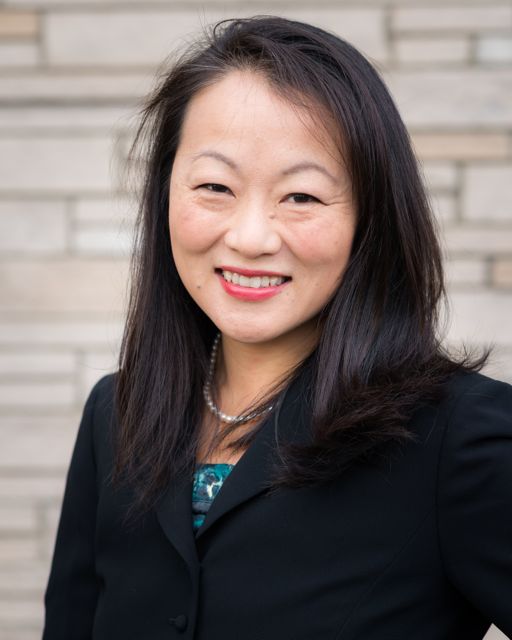 Helen Chu began a joint appointment with SPH in March 2024. She has held an adjunct appointment with SPH since 2017 and holds a primary appointment with the UW School of Medicine. She studies respiratory viruses and vaccines and has conducted clinical trials of maternal flu vaccines in Nepal, SARS-CoV-2 vaccines, and antivirals for treatment of COVID-19. As part of the Seattle Flu Study, she designed a prototype pandemic preparedness platform, conducting home-based testing for respiratory viruses with home antiviral treatment. This study first identified COVID-19 community transmission in the U.S. She is a member of the CDC Advisory Committee on Immunization Practices, which develops vaccine recommendations for use in the United States.
Helen Chu began a joint appointment with SPH in March 2024. She has held an adjunct appointment with SPH since 2017 and holds a primary appointment with the UW School of Medicine. She studies respiratory viruses and vaccines and has conducted clinical trials of maternal flu vaccines in Nepal, SARS-CoV-2 vaccines, and antivirals for treatment of COVID-19. As part of the Seattle Flu Study, she designed a prototype pandemic preparedness platform, conducting home-based testing for respiratory viruses with home antiviral treatment. This study first identified COVID-19 community transmission in the U.S. She is a member of the CDC Advisory Committee on Immunization Practices, which develops vaccine recommendations for use in the United States.
Marissa Childs | Assistant Professor, Environmental and Occupational Health Sciences
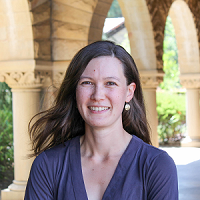 Marissa Childs explores how large-scale environmental changes, including changes in land use and climate, influence people’s exposure to disease and pollution. Using remote sensing and modeling, she has investigated how pathogens spill over from nonhuman reservoirs into human populations, how temperature influences vector-borne disease transmission, and how exposure to wildfire smoke has grown throughout the United States. Childs was recently a postdoctoral fellow at the Harvard University Center for the Environment and the Harvard T.H. Chan School of Public Health.
Marissa Childs explores how large-scale environmental changes, including changes in land use and climate, influence people’s exposure to disease and pollution. Using remote sensing and modeling, she has investigated how pathogens spill over from nonhuman reservoirs into human populations, how temperature influences vector-borne disease transmission, and how exposure to wildfire smoke has grown throughout the United States. Childs was recently a postdoctoral fellow at the Harvard University Center for the Environment and the Harvard T.H. Chan School of Public Health.
Jason Daniel-Ulloa | Associate Teaching Professor, Health Systems and Population Health and Global Health
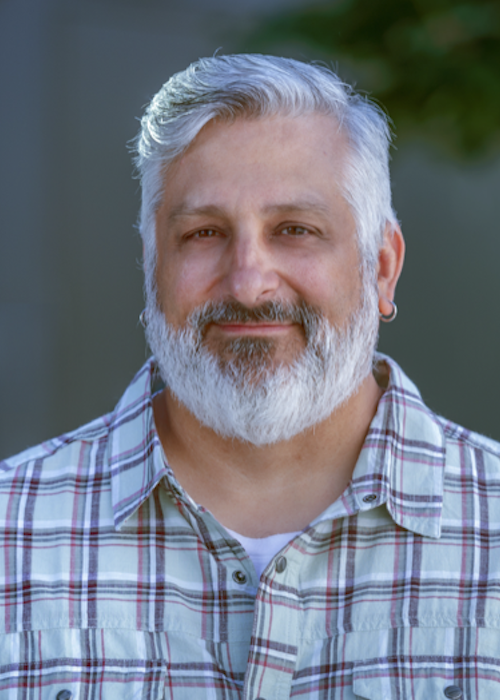 Jason Daniel-Ulloa's joined the UW SPH faculty in December 2023. Daniel-Ulloa's area of expertise is Latinx health, social construction of gender and the impact on health, discrimination and other challenges to educational success experienced by students from marginalized communities. Daniel-Ulloa blends community-based participatory research with decolonized teaching frameworks to train the public health workforce to be self-reflective and flexible in a rapidly changing world.
Jason Daniel-Ulloa's joined the UW SPH faculty in December 2023. Daniel-Ulloa's area of expertise is Latinx health, social construction of gender and the impact on health, discrimination and other challenges to educational success experienced by students from marginalized communities. Daniel-Ulloa blends community-based participatory research with decolonized teaching frameworks to train the public health workforce to be self-reflective and flexible in a rapidly changing world.
Karen Edwards | Professor and Chair, Epidemiology
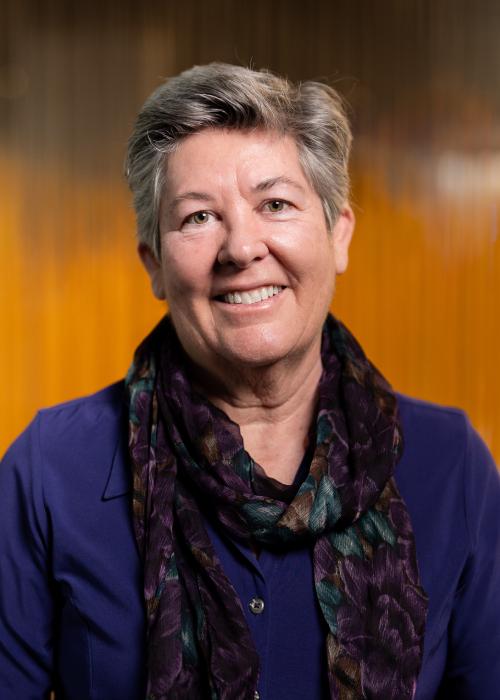 Karen Edwards began her appointment as professor and chair on March 1, 2025. Her primary research interest is in genetic epidemiology and public health genetics, where she focuses on diabetes and the metabolic syndrome. She also studies cardiovascular disease, melanoma and Parkinson's disease. She uses family-based approaches and sequencing to identify genetic influences with pleiotropic effects on diabetes and the metabolic syndrome. She is interested in interactions between environmental factors (diet) and genetic susceptibility to complex disease.
Karen Edwards began her appointment as professor and chair on March 1, 2025. Her primary research interest is in genetic epidemiology and public health genetics, where she focuses on diabetes and the metabolic syndrome. She also studies cardiovascular disease, melanoma and Parkinson's disease. She uses family-based approaches and sequencing to identify genetic influences with pleiotropic effects on diabetes and the metabolic syndrome. She is interested in interactions between environmental factors (diet) and genetic susceptibility to complex disease.
Robin Mejia | Assistant Teaching Professor, Biostatistics
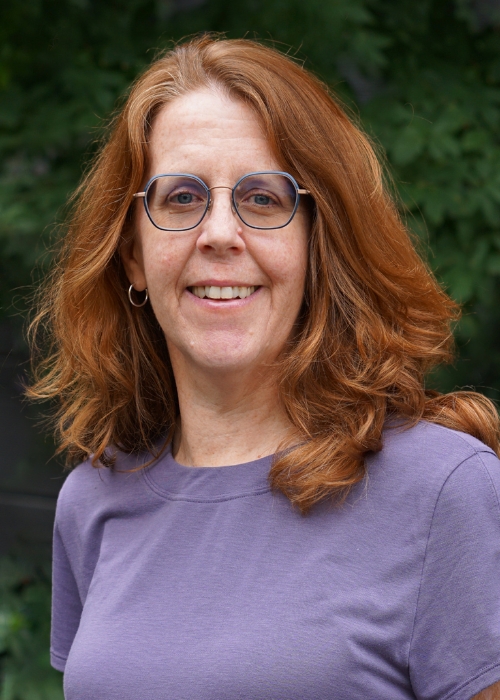 Robin Mejia joined the UW SPH faculty in September 2024. Mejia combines technical skills and a background in science communication to teach statistical methods to students from a range of backgrounds. Her interests include survey methods, health disparities, and statistical issues related to criminal justice. During the pandemic, she was a faculty lead for a daily online survey on COVID-19 symptoms, behaviors and beliefs that averaged 15,000 responses a day over two years and produced data used by public health officials and researchers in more than 50 peer-reviewed publications so far.
Robin Mejia joined the UW SPH faculty in September 2024. Mejia combines technical skills and a background in science communication to teach statistical methods to students from a range of backgrounds. Her interests include survey methods, health disparities, and statistical issues related to criminal justice. During the pandemic, she was a faculty lead for a daily online survey on COVID-19 symptoms, behaviors and beliefs that averaged 15,000 responses a day over two years and produced data used by public health officials and researchers in more than 50 peer-reviewed publications so far.
David Mukasa | Assistant Teaching Professor, Global Health
 David Mukasa joined the UW SPH faculty in December 2023. Mukasa teaches in both the Department of Global Health and in the Public Health – Global Health undergraduate major, focusing on research methods, global health and genomics. Mukasa’s expertise includes large-scale analyses based on data from nationwide population-based prospective cohorts and has worked on the derivation of prediction equations to estimate future risk of complex diseases. Mukasa has also collaborated on infectious disease research, such as vaccine effectiveness, disease surveillance, and cost of illness.
David Mukasa joined the UW SPH faculty in December 2023. Mukasa teaches in both the Department of Global Health and in the Public Health – Global Health undergraduate major, focusing on research methods, global health and genomics. Mukasa’s expertise includes large-scale analyses based on data from nationwide population-based prospective cohorts and has worked on the derivation of prediction equations to estimate future risk of complex diseases. Mukasa has also collaborated on infectious disease research, such as vaccine effectiveness, disease surveillance, and cost of illness.
Sarah Munro | Assistant Professor, Health Systems and Population Health
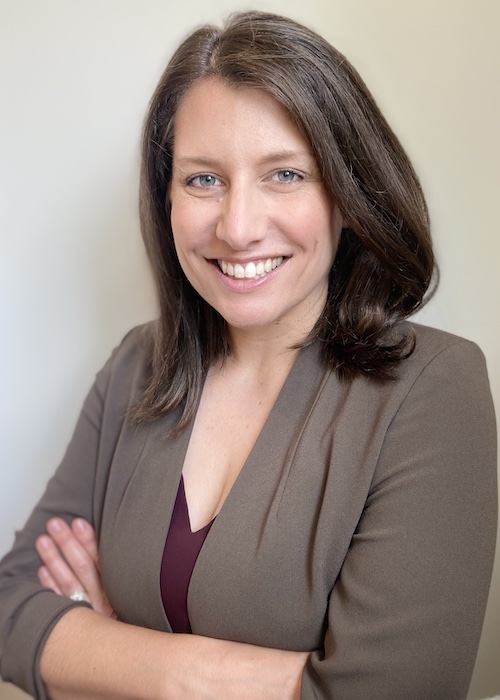 Sarah Munro joined the UW SPH faculty in January 2024. Munro is a qualitative health services researcher who conducts interdisciplinary research on equitable access to family planning care. She is the principal investigator of multiple international investigations on youth contraception access, Indigenous peoples’ access to family planning care, traveling to access abortion care, and development and implementation of person-centered shared decision-making interventions.
Sarah Munro joined the UW SPH faculty in January 2024. Munro is a qualitative health services researcher who conducts interdisciplinary research on equitable access to family planning care. She is the principal investigator of multiple international investigations on youth contraception access, Indigenous peoples’ access to family planning care, traveling to access abortion care, and development and implementation of person-centered shared decision-making interventions.
Jillian Pintye | Associate Professor, Global Health
 Jillian Pintye joined the UW SPH faculty in August 2024 with a joint appointment in the Department of Global Health; her primary appointment is in the UW School of Nursing, which she joined in 2019. Pintye serves as principal investigator on a suite of NIH-funded studies related to HIV/STI prevention and treatment in pregnant populations and young cisgender women, including hybrid effectiveness-implementation RCTs of strategies to promote HIV PrEP use and STI testing and treatment, and safety evaluations of antiretroviral use in pregnancy for HIV prevention and treatment.
Jillian Pintye joined the UW SPH faculty in August 2024 with a joint appointment in the Department of Global Health; her primary appointment is in the UW School of Nursing, which she joined in 2019. Pintye serves as principal investigator on a suite of NIH-funded studies related to HIV/STI prevention and treatment in pregnant populations and young cisgender women, including hybrid effectiveness-implementation RCTs of strategies to promote HIV PrEP use and STI testing and treatment, and safety evaluations of antiretroviral use in pregnancy for HIV prevention and treatment.
Kirk Tickell | Research Assistant Professor, Global Health
 Kirk Tickell joined the UW SPH faculty in July 2024. Tickell’s research is focused on optimizing the management of children with wasting and improving discharge care for children leaving the hospital. Over the last 10 years, he has worked with colleagues at the Kenya Medical Research Institute and the UW to build an increasingly equitable research platform for conducting clinic and community-based child health research.
Kirk Tickell joined the UW SPH faculty in July 2024. Tickell’s research is focused on optimizing the management of children with wasting and improving discharge care for children leaving the hospital. Over the last 10 years, he has worked with colleagues at the Kenya Medical Research Institute and the UW to build an increasingly equitable research platform for conducting clinic and community-based child health research.
Heidi van Rooyen | Professor and Chair, Global Health
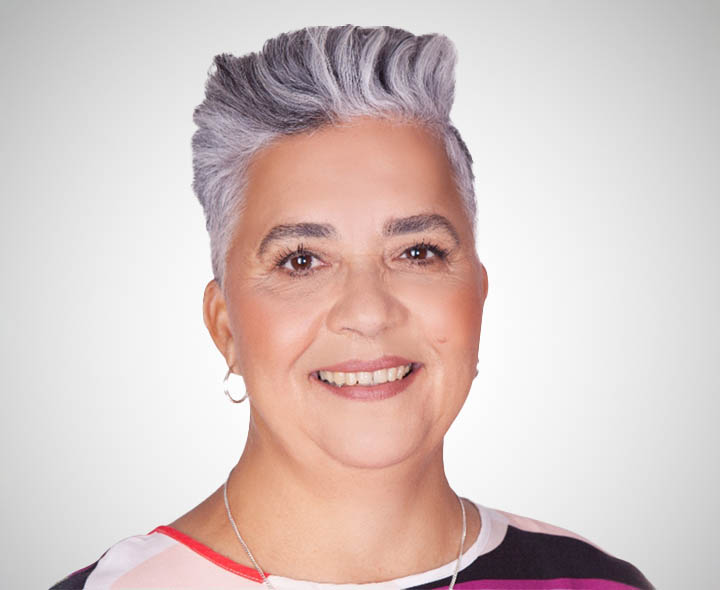 Heidi van Rooyen joined the UW SPH faculty in July 2024 and begins her position as chair of the Department of Global Health on Oct. 1, 2024. Van Rooyen is an internationally recognized executive leader, social scientist and clinical psychologist from the Global South. For the last three decades she has led multi-disciplinary teams to deliver impactful bio-behavioral-social research on COVID, HIV and AIDS, health and sexual and reproductive rights through a mix of public health, health systems, implementation science, intervention and policy research.
Heidi van Rooyen joined the UW SPH faculty in July 2024 and begins her position as chair of the Department of Global Health on Oct. 1, 2024. Van Rooyen is an internationally recognized executive leader, social scientist and clinical psychologist from the Global South. For the last three decades she has led multi-disciplinary teams to deliver impactful bio-behavioral-social research on COVID, HIV and AIDS, health and sexual and reproductive rights through a mix of public health, health systems, implementation science, intervention and policy research.
Rachel Sklar | Assistant Professor, Environmental and Occupational Health Sciences
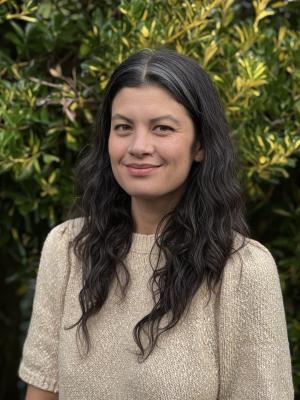 Rachel Sklar examines environmental exposures among understudied populations, including informal waste workers, incarcerated people, and those living in substandard housing. She develops low-cost exposure assessment methodologies and recently studied how housing characteristics modify air pollution's impact on birth outcomes as a postdoctoral scholar at UC San Francisco's Program on Reproductive Health and the Environment.
Rachel Sklar examines environmental exposures among understudied populations, including informal waste workers, incarcerated people, and those living in substandard housing. She develops low-cost exposure assessment methodologies and recently studied how housing characteristics modify air pollution's impact on birth outcomes as a postdoctoral scholar at UC San Francisco's Program on Reproductive Health and the Environment.